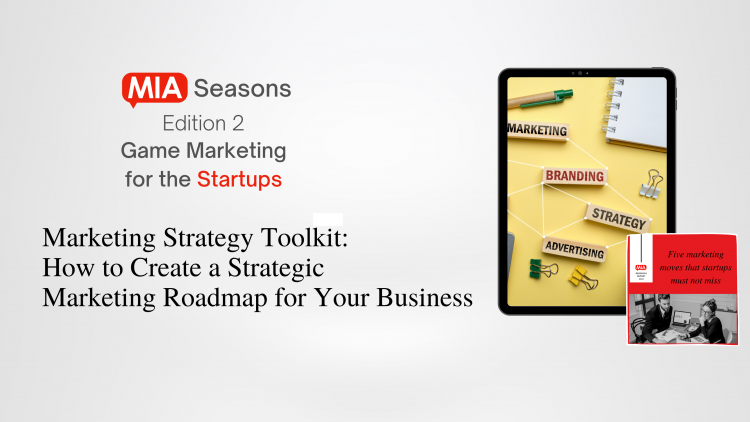The ultimate goal of any business is to survive in the marketplace and make a profit, and while there are many ways to achieve this goal, such as product branding or market research, they are not enough on their own and need to be incorporated into an overall strategic marketing plan that works towards achieving these goals. A strategic marketing plan is often based on research into the target audience and competitors that help companies identify where they are now, where they want to be in the future, and how they will get there by setting specific objectives for each stage as per the market need.
The 7 Step Planning Process for Marketing Strategy
1) Define the goal of the marketing strategy – What do you want to achieve?
2) Identify the target audience – Whom are you trying to reach?
3) Research your competition – How does their strategy compare with yours?
4) Analyse the current situation – What factors make it difficult for you to succeed?
5) Make a list of possible strategies and tactics – What can you do to get closer to achieving your goal?
6) Choose one or two strategies that will best help you achieve your goals
Marketing is also a lot about psychology, where marketers must understand what motivates people, what they want, and how they think, understanding how the human mind reacts to certain stimuli.
5 Components of Your Marketing Roadmap
A marketing roadmap is a document that outlines the components of a successful marketing campaign. It is a comprehensive document encompassing aspects of your business, from your mission statement to your branding and down to your goals and objectives. A typical roadmap will include five elements: mission, vision, goals, objectives and branding and the best way to make sure that your company is on the right track is to have a sharp vision and mission statement. A company’s vision outlines what you want the company to be in the future and includes what you want the company to achieve in the next five years, ten years, and twenty years. On the other hand, a mission statement focuses on how your company will achieve its goals and is essential to keep things simple and specific. A well-balanced strategy touching on all the right notes can help a company reach more customers and increase brand awareness in the process.
MIA’s (Marketing In Asia) data indicated that a good strategy could help you identify what types of customers you want to target and how best to reach them. With this information, a company can create a marketing plan that will lead it in the right direction! and it is best done using market research. Knowing the target audience can help save both time and resources, a lesson learnt from Airbnb’s business case that was initially incurring losses, but a strategic plan to invest in market research doubled its revenue per week in a matter of time.
The startup marketing strategy must be different from that of any big brand, and the reason is budget because startups operate on a tight budget, which means fewer resources and smaller teams, making having a dedicated team working towards achieving these goals nearly next to impossible. As a result, according to the MIA research report, 66% of startups’ current marketing strategy is not giving them the desired results. A marketing plan is incomplete if any of the above components is missing, exponentially increasing its chances of failure. Only 18% of startups define their mission, vision, and objectives as a part of their marketing strategy. Just 15% have defined market research as its part, and product branding is defined by 35%.
Also read: Marketing automation and why startups need it
The Importance of Hiring an Experienced Consultant
In today’s world, it is not easy to succeed without the help of an experienced consultant. Whether you are starting a business or have been in business for years, there is always something new to learn and a professional consultant can help you come up with a plan that will help you achieve the goals, find new opportunities, grow the business, and save time and money.
Having a predefined marketing strategy can save much time in future. If a startup knows what works for it, it can avoid turning to every strategy around the corner every time there is a setback, saving both time and money. Performance metrics, KPIs (key performance indicators) and a check on ROIs can help measure the success of a marketing strategy and aid the business in finding what works best for it and what will help it reach its goals.
To know more on what comprises a great marketing strategy – Download the report
















